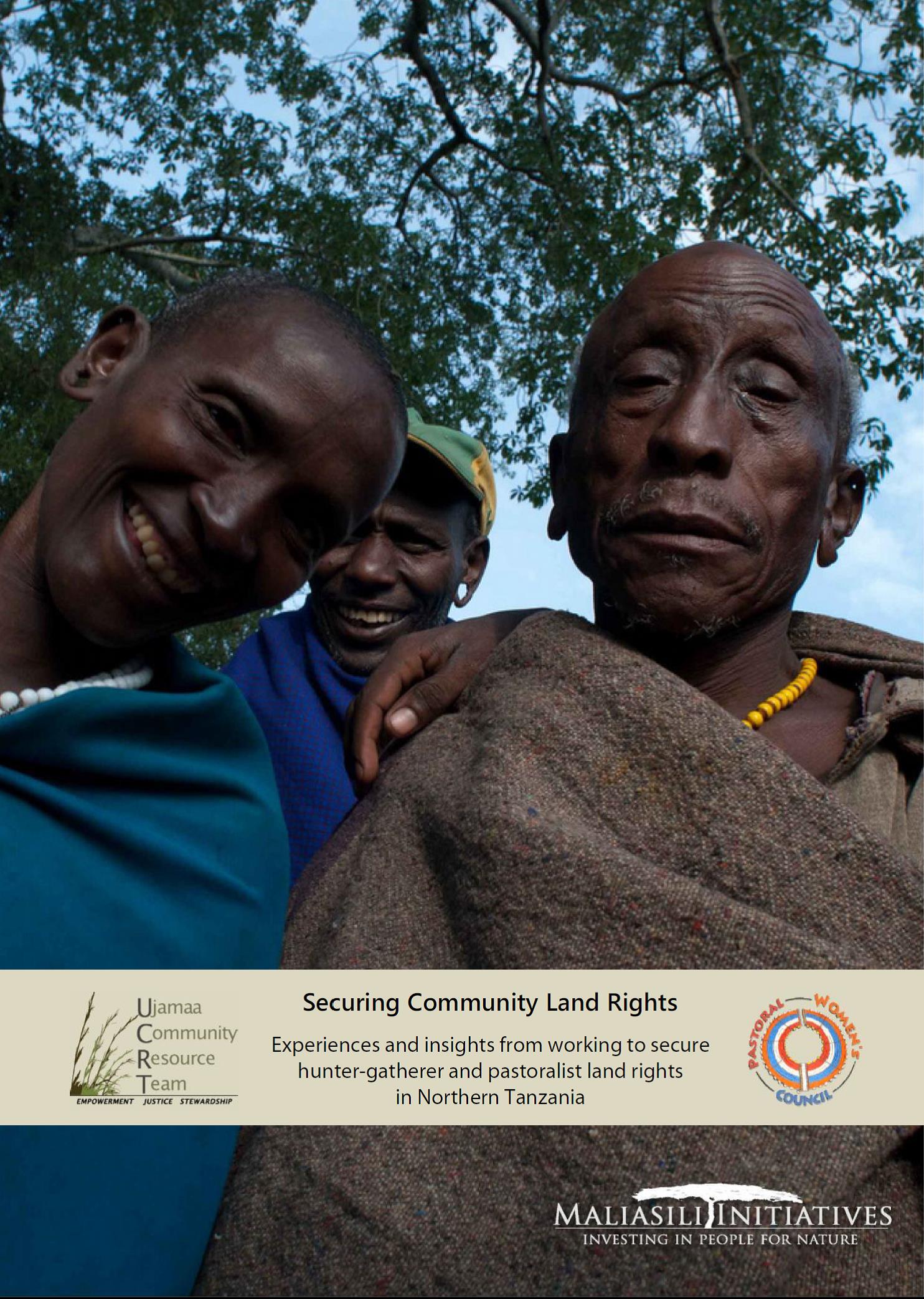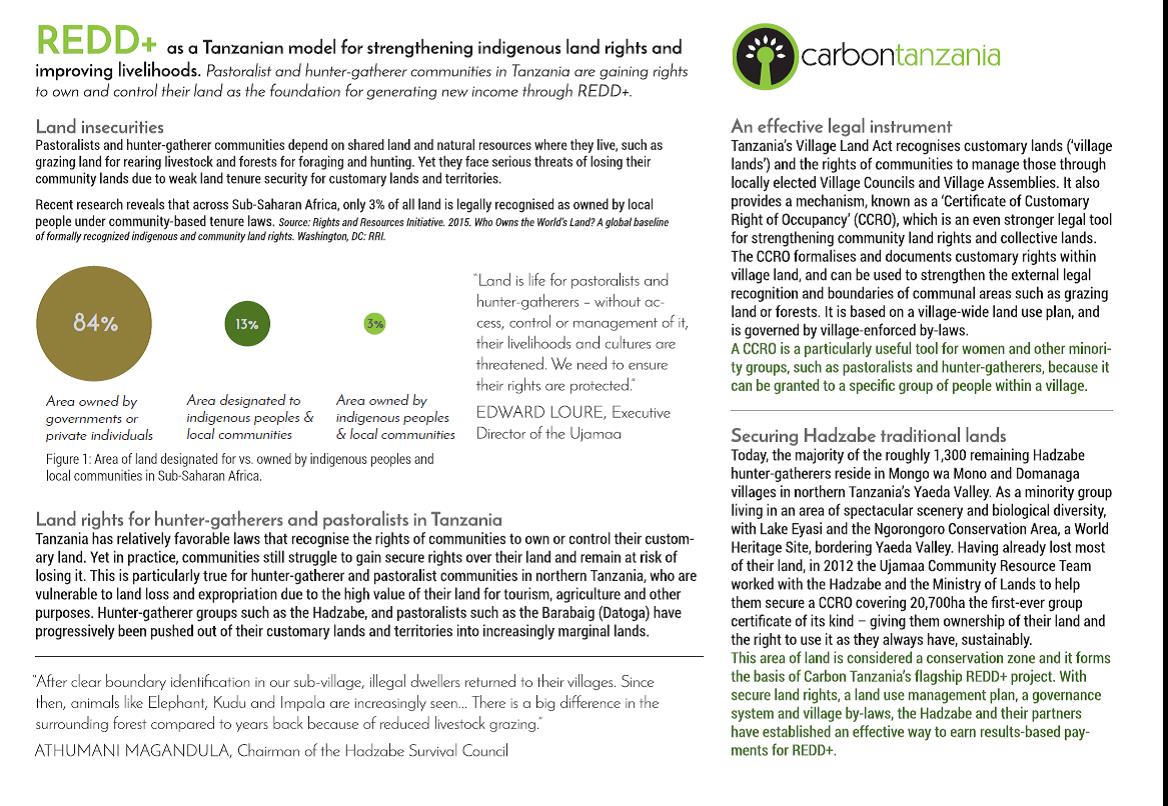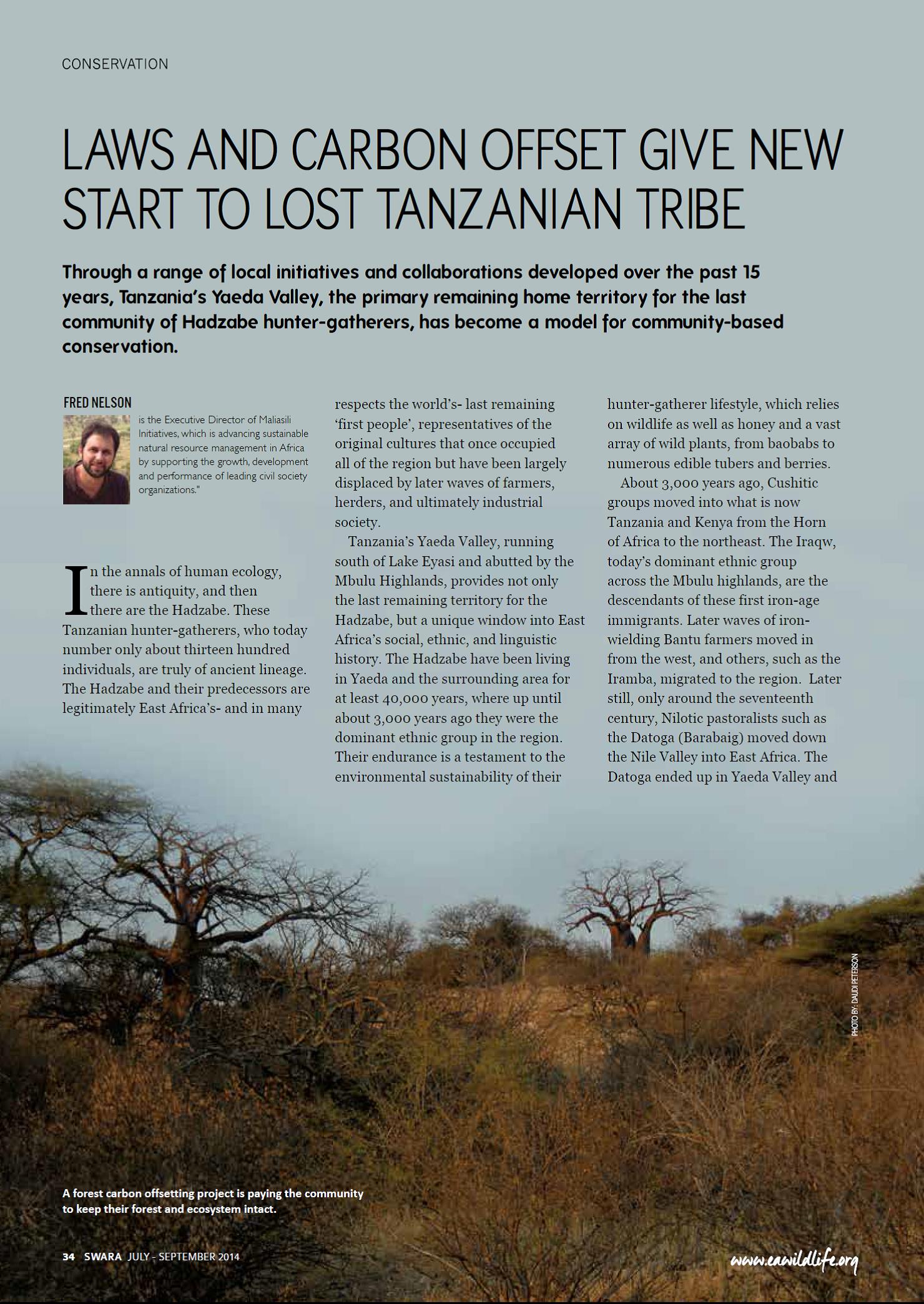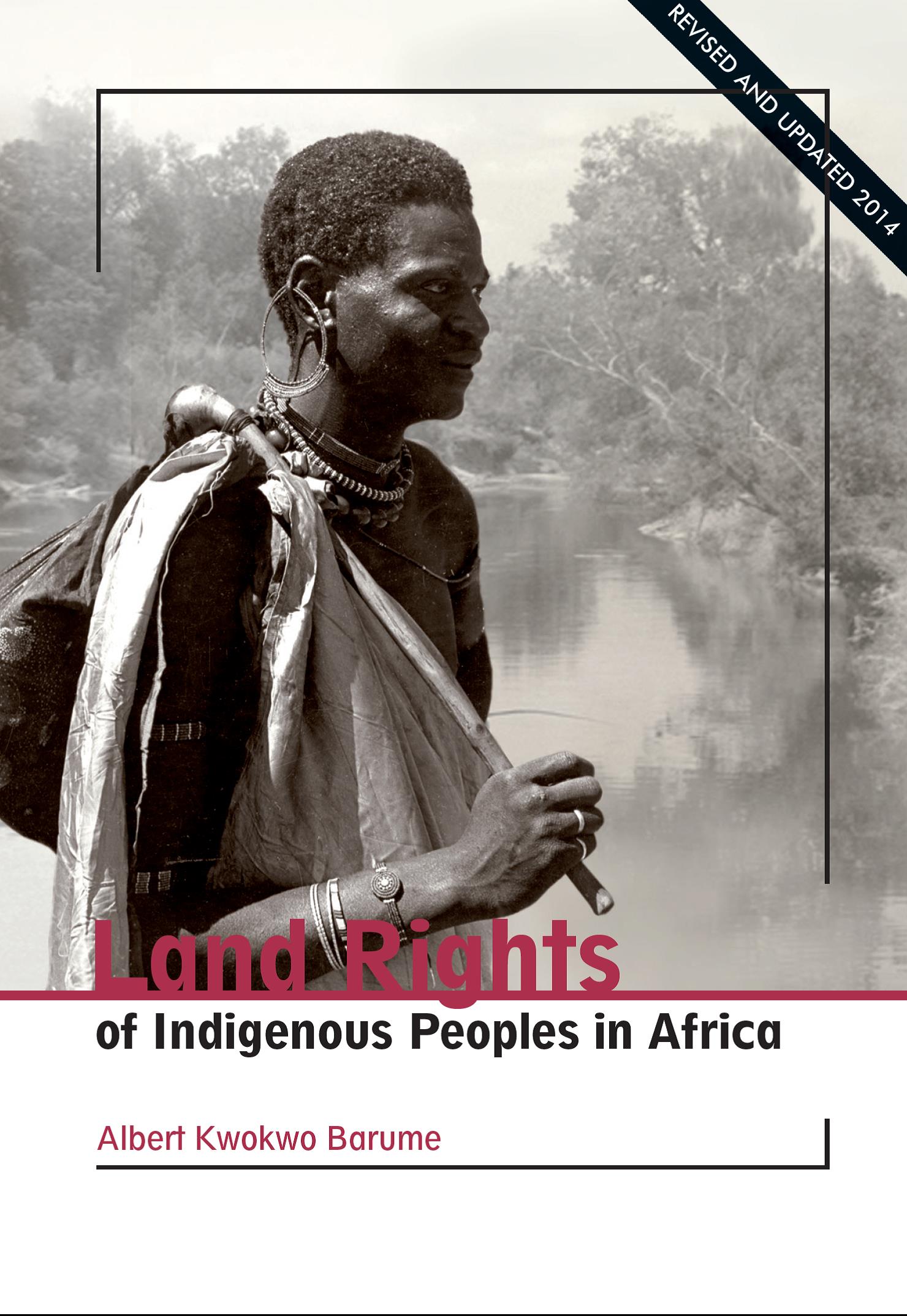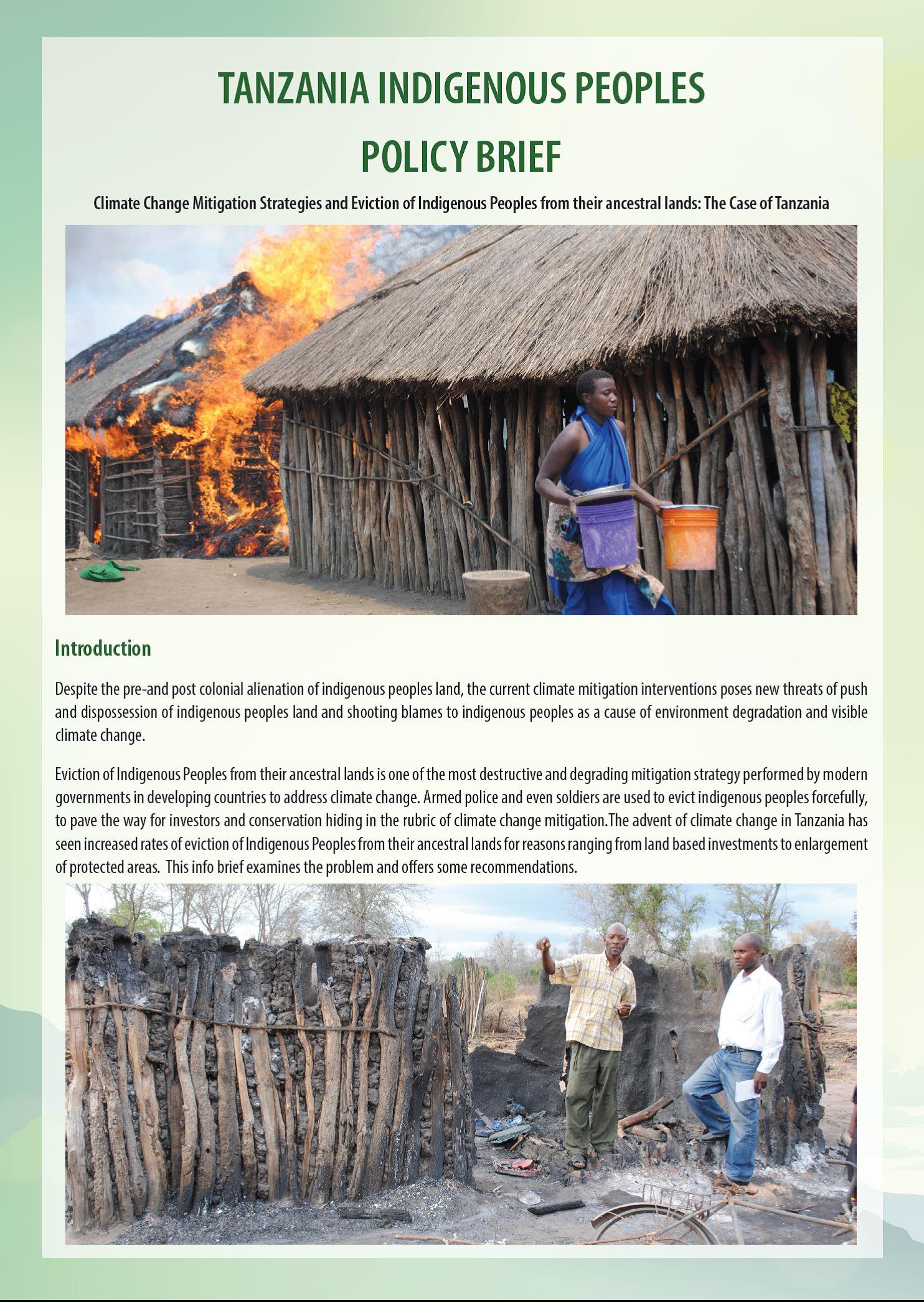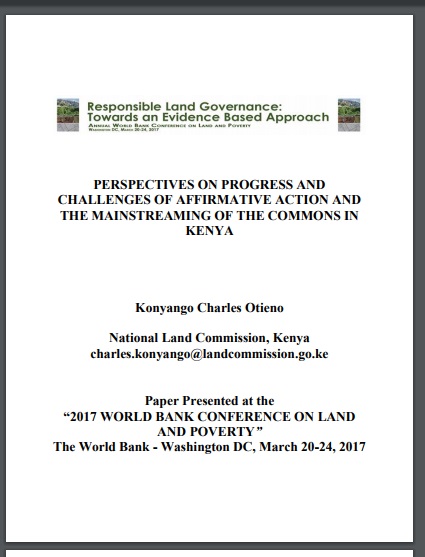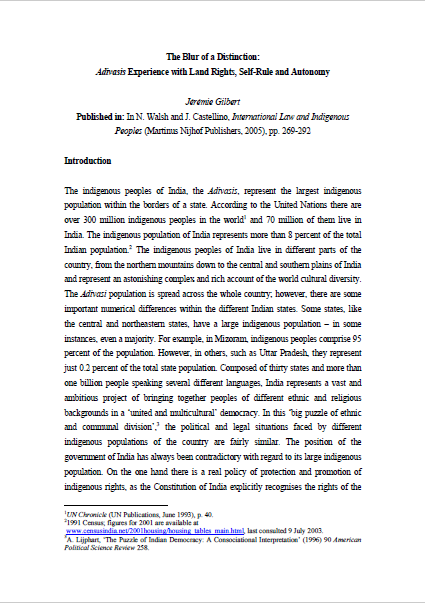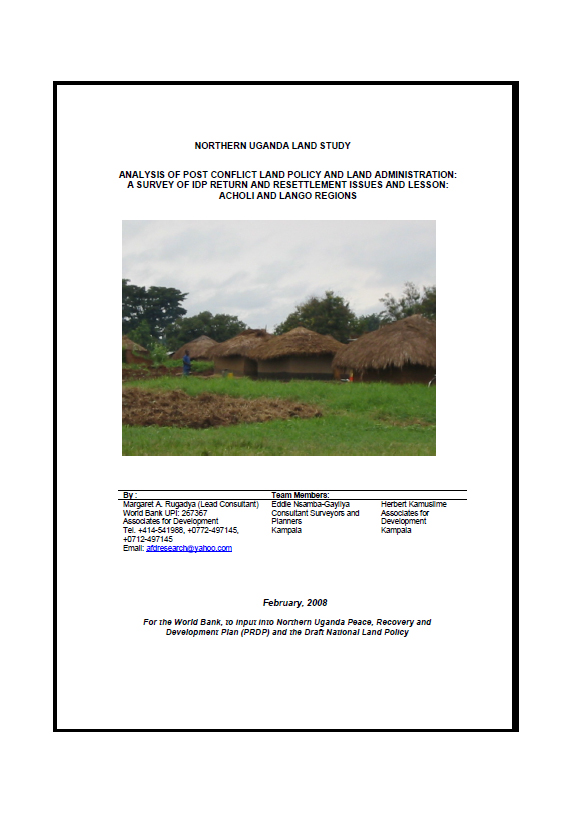An Analysis of International Law, National Legislation, Judgements, and Institutions as they Interrelate with Territories and Areas Conserved by Indigenous Peoples and Local Communities
Across the world, areas with high or important biodiversity are often located within Indigenous peoples’ and local communities’ conserved territories and areas (ICCAs). Traditional and contemporary systems of stewardship embedded within cultural practices enable the conservation, restoration and connectivity of ecosystems, habitats, and specific species in accordance with indigenous and local worldviews. In spite of the benefits ICCAs have for maintaining the integrity of ecosystems, cultures and human wellbeing, they are under increasing threat.


